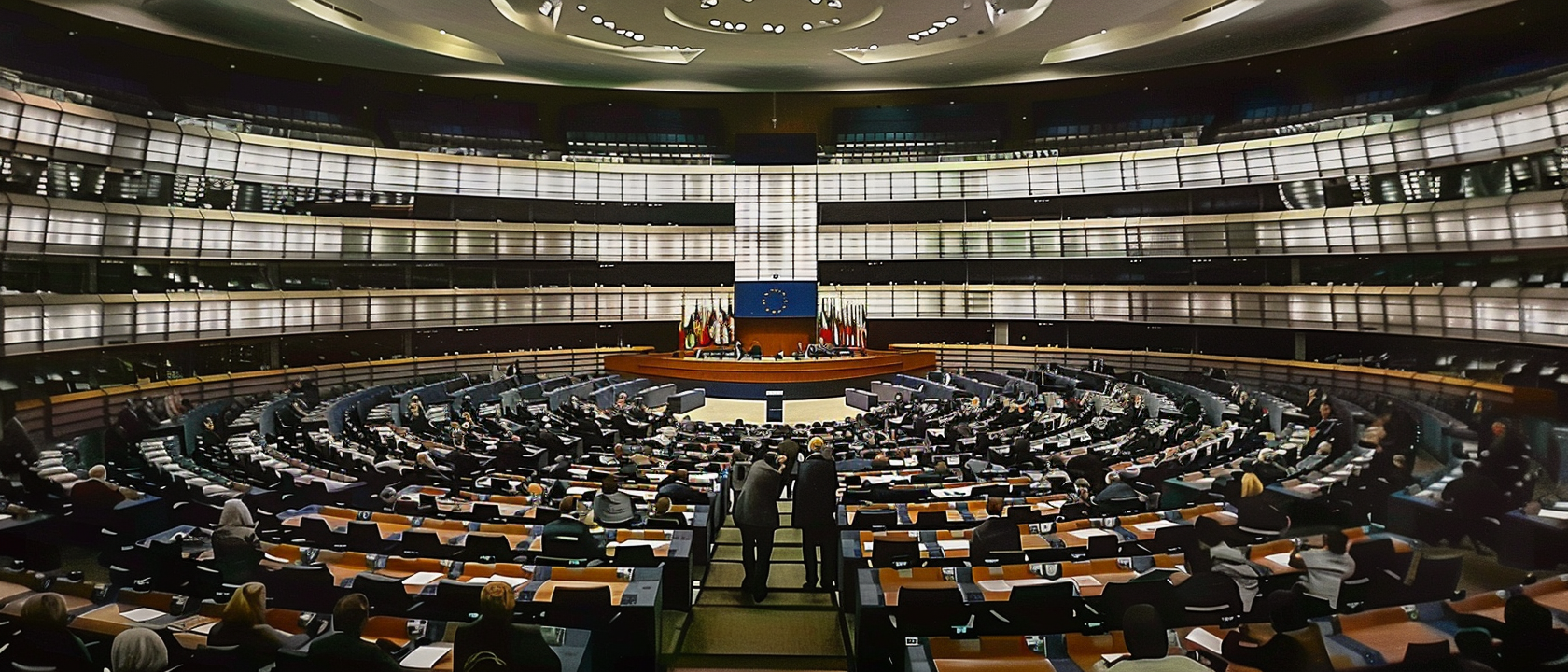

A new threat to financial freedom, the EU's Anti-Money Laundering Regulation potentially affects how cash and Bitcoin transactions are managed.
European Union lawmakers have made significant strides in their efforts to pass a sweeping anti-money laundering (AML) legislative package. The package includes measures that will affect how cash and Bitcoin transactions are handled within the EU.
The Committees on Civil Liberties, Justice and Home Affairs, and Economic and Monetary Affairs have voted in favor of the texts that make up this package. This follows a political agreement reached in January on the Anti-Money Laundering Regulation (AMLR), which requires intense scrutiny of 'crypto service providers' and the monitoring of cross-border transfers and transactions involving self-hosted wallets. The broader package also establishes an Anti-Money Laundering Authority (AMLA) in Frankfurt, Germany, as reported by CoinDesk.
A key aspect of the legislation is the limit on anonymous cash payments. Commercial transactions over €3,000 and business transactions above €10,000 will be prohibited in cash. Furthermore, the AML/KYC checks will be mandatory for all bitcoin payments to custodial wallets operated by regulated service providers. The final vote on the law is scheduled for April 22.
Dr. Patrick Breyer (Pirate Party), an MEP, expressed his concerns in a blog post, stating, "Generally prohibiting anonymous [commercial/business] payments would at best have minimal effects on crime, but it would deprive innocent citizens of their financial freedom." He highlighted the importance of anonymous donations for activists and organizations like Wikileaks, which have been blocked from receiving donations via credit card companies.
The provisional agreement, published on February 14, 2024, outlines the prohibition of 'anonymous crypto-asset accounts' and those that allow for the anonymization or increased obfuscation of transactions by crypto-asset service providers. However, this prohibition does not extend to providers of hardware and software or providers of self-hosted wallets, as long as they do not have access to or control over the assets.
Lyudmyla Kozlovska, President of the Open Dialogue Foundation, criticized the legislation, stating that it represents "a huge deterioration of financial and privacy rights" due to the pressure from the EU Commission and Council on the EU Parliament to remove provisions favoring individual rights, privacy, and financial inclusion.
Here you go: https://t.co/Z2R5VLLUMS
— Lyudmyla Kozlovska 🇪🇺🇺🇦 (@LyudaKozlovska) March 21, 2024
There are many draconial provisions in the upcoming #EU #AML Regulation both for cash and to p2p #bitcoin transactions (self-hosted wallets and use of mixers).
Some examples:
(33b) The introduction of a Union-wide limit to large cash…
This legislative development has sparked public debate. In 2017, when the Commission inquired about limiting cash payments, more than 90% of the responding citizens were against such restrictions, considering anonymous cash payments an essential personal freedom.
Despite some misleading reports, an outright 'ban on anonymous crypto transactions' is not within the scope of the proposal. The EU Commission clarified that "the ban on crypto-asset payments not intermediated by a crypto-asset service provider has not been retained given the absence of technical means of enforcing such a requirement at present.”
The joint committee's vote saw 68 in favor and 10 against the establishment of the AMLA. Additionally, 71 voted in favor of the provisional agreement on preventing the financial system's use for money laundering or terrorist financing, with four abstentions and nine against. The EU's 27 member states agreed on proposed mechanisms with 74 votes in favor and five against.
As the final vote approaches, the future implications of these measures on financial privacy and the operation of the Bitcoin industry in the EU remain a subject of considerable attention and discussion.